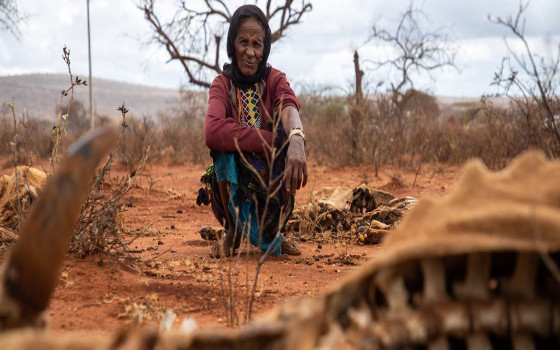
World Environment Day: Land degradation and desertification affect more than three billion people

- Europe and Arabs
- Wednesday , 5 June 2024 12:9 PM GMT
New York: Europe and the Arabs
“Our land is our future. Together we restore our planet” is this year’s slogan for World Environment Day, which focuses on restoring land, stopping desertification, and building drought resilience.
In his message on the occasion of World Environment Day, the Secretary-General of the United Nations, António Guterres, warned that there is a “toxic combination of pollution, climate chaos and the collapse of biodiversity that is turning healthy lands around the world into deserts, and vibrant ecosystems into death zones. It is a combination that is destroying Forests and grasslands deplete the solidity of the land that supports ecosystems, agricultural activity and local communities.”
The Secretary-General called on countries to fulfill all their commitments to redress degradation of ecosystems and lands, and their commitments to all aspects of the Kunming-Montreal Global Biodiversity Framework.
He also urged increased funding directed to support developing countries in their efforts to adapt to extreme weather events, protect nature and support sustainable development.
The UN Secretary-General is scheduled to deliver a special speech on World Environment Day on June 5 about climate action from inside the American Museum of Natural History in New York.
Slowing down the triple crisis
In turn, Inger Andersen, Executive Director of the United Nations Environment Programme, warned that “land degradation and desertification affect more than three billion people.”
She added in her message on the occasion of the World Day that freshwater ecosystems are also deteriorating, making growing crops and raising livestock more difficult, and this also disproportionately affects small farmers and the poor in rural areas.
She emphasized that by restoring ecosystems, “we can slow down the triple crisis facing the planet of climate change, the nature crisis and biodiversity loss, including desertification, and the pollution and waste crisis.”
She added that it could also help reverse biodiversity loss by 2030, in line with the global biodiversity framework.
She pointed to the United Nations Decade for Ecosystem Restoration, which supports commitments to restore one billion hectares of land, an area larger than China, noting that last year, six countries pledged to restore 300,000 kilometers of rivers and 350 million hectares of wetlands.
Celebrating Environment Day in Saudi Arabia
This year, the World Environment Day celebration will be held in the Kingdom of Saudi Arabia on June 5. Saudi Arabia is among the countries that have adopted the process of land restoration within the framework of the United Nations Decade for Ecosystem Restoration, as there are plans to restore 200 million hectares of degraded lands inside and outside the country, in addition to working to resettle animals.
The United Nations Environment Program said that Saudi Arabia is also working to achieve the nature protection goals set forth in its Vision 2030, and that it has expanded the scope of guarantees to include more than 18 percent of its territory. It also increased the number of national parks from 19 to more than 400.
The program quoted the Undersecretary of the Ministry of Environment, Water and Agriculture in Saudi Arabia, Osama Ibrahim Faqiha, as saying, “Vision 2030 gave a high priority to protecting the environment in general as the third pillar of sustainable development, along with economic growth and social well-being.”
As for Muhammad Qurban, CEO of the National Center for Wildlife Development in the Kingdom of Saudi Arabia, he explained, “It is very important for us to take care of biodiversity, because it is closely linked to human life.”


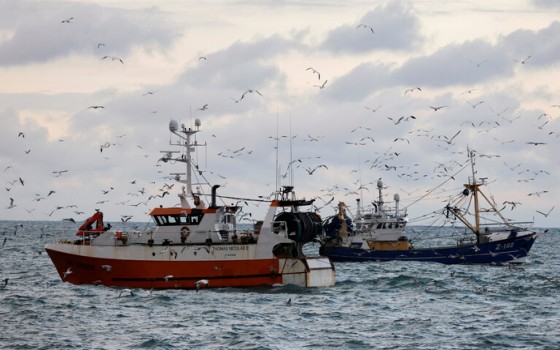

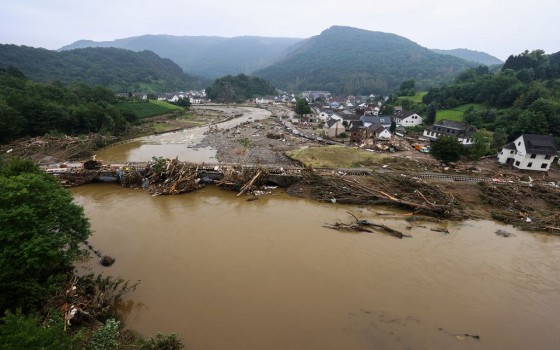
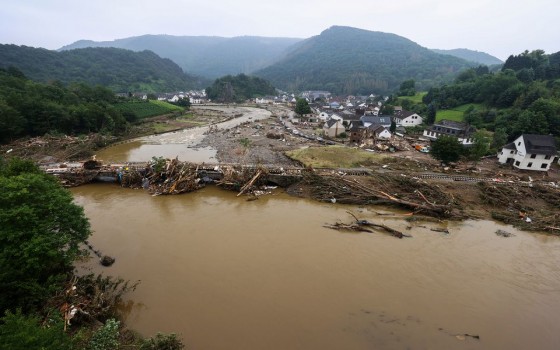


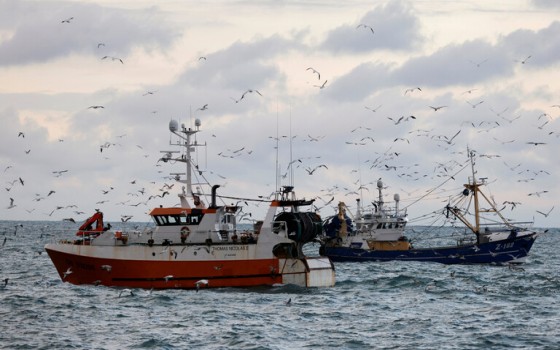



No Comments Found